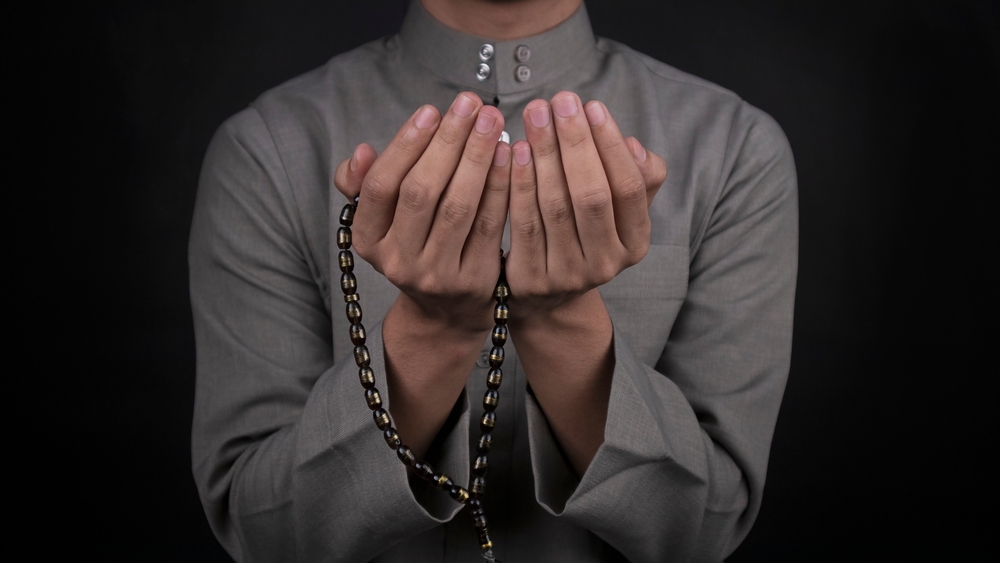How To Seek Forgiveness and Stop Myself From Repeating the Same Sin?
Answered by Shaykh Abdul-Rahim Reasat
Question
When I was younger I masturbated a lot, and consequently, I suffered from a serious illness. Then, I made a du’a saying to Allah that I promise I will never masturbate, nor will I look at any girl, nor will I sing songs, but Allah please cure my disease.
Then after some days, I did all those things again. How can I come out of this promise completely, since I have come to know that Allah will put hypocrisy in my heart till the day of judgment?
Answer
It seems like you made a tawba and fell back into sin. The solution to this is to keep making tawba again, and again. Do this, and keep trying to shun the sins as best you can. This is the way of the believer.
Allah Most High said, “Indeed your Loving Lord is, to those who commit wrongs ignorantly and then repent after that; indeed your Lord, after that, is All-Forgiving (Ghafur) and Ever-Merciful.” [Quran, 16:119]
I don’t know where you heard that your heart will have hypocrisy placed in it. It’s not something I’ve come across before. Rather, the case is that of any believer who sins and then repents.
Asking For Protection From Sins
Keep repenting from your sins, and keep trying to get away from them. It can only really happen if Allah protects you from them. Ask Him for that protection so you don’t fall into them again. If you do, ask for forgiveness and turn back to Allah. “Indeed, Allah loves those who repent time, and time again.” [Quran, 2:222]
May Allah enable us to shun all that is hateful to Him. Amin
[Shaykh] Abdul-Rahim Reasat
Checked and Approved by Shaykh Faraz Rabbani
Shaykh Abdul-Rahim Reasat began his studies in Arabic Grammar and Morphology in 2005. After graduating with a degree in English and History he moved to Damascus in 2007 where, for 18 months, he studied with many erudite scholars. In late 2008 he moved to Amman, Jordan, where he continued his studies for the next six years in Sacred Law (fiqh), legal theory (Usul al-fiqh), theology, hadith methodology, hadith commentary, and Logic. He was also given licenses of mastery in the science of Quranic recital and he was able to study an extensive curriculum of Quranic sciences, tafsir, Arabic grammar, and Arabic eloquence.
